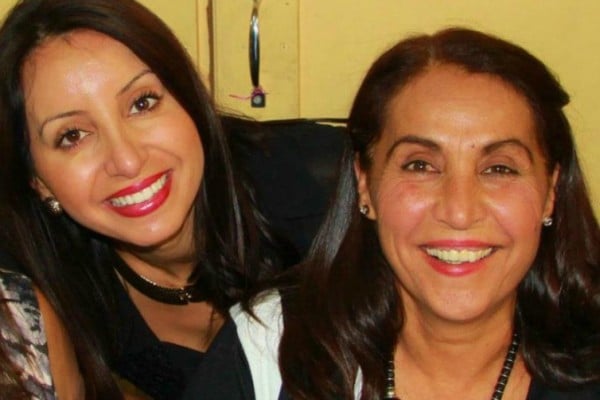
When Antoinette Lattouf was hit with postnatal depression, it felt like the world was closing in. But how could she explain to her Lebanese mother — who’d endured real hardships in life — that hers was falling to pieces?
It was when I envisaged driving into oncoming traffic to put an end to my newborn daughter’s wailing that I realised I needed help.
At the traffic light, I deliberately released my foot off the brake as the red light beckoned me. The car behind me beeped as my car slowly rolled forward. A chorus of horns intensified and I slammed on the brakes.
Weeping. Shaking. Terrified. I phoned my parents and told them to come over immediately as I couldn’t look after my baby or be alone. And then I felt terribly ashamed.
The sound of my newborn daughter breathing made me feel paralysed with fear and claustrophobic beyond words.
And I couldn’t stop the morbid scenarios playing out in my mind; I imagined her falling down a flight of stairs, drowning in the bathtub or her skull being crushed by a tyre.
How would I be able to explain to my parents, who’d endured real hardships in life, that mine (which appeared textbook perfect in comparison) was falling to pieces?
































































































